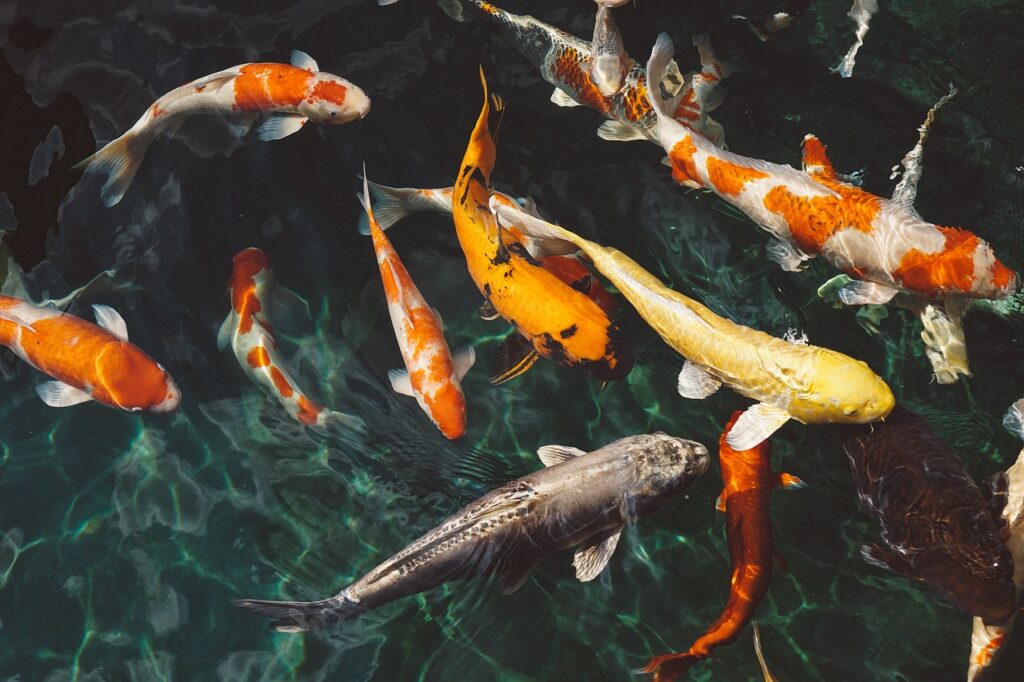Pet owners, ethicists, and animal enthusiasts have hotly disagreed about the morality of owning pet fish. Although millions of people all around enjoy fishkeeping as a pastime, it begs serious issues about animal care, environmental damage, and human accountability. This blog post will look at the several facets of fishkeeping, weigh the arguments, and offer ideas on how to be a conscientious and moral fish owner.
Notable Points
Fish Welfare:
Understanding the natural habitat and needs of pet fish.
Environmental Impact: The effects of the fishkeeping industry on natural ecosystems.
Human Responsibility: Ethical considerations for potential and current fish owners.
Alternatives and Solutions: Sustainable and humane practices in fishkeeping.
Should One Own Pet Fish?
Initial OverviewKeeping pet fish raises complex and multifarious ethical questions. One of the most common kinds of pet ownership, fishkeeping provides a distinctive approach to interact with nature and aesthetic delight. Still, it also begs major ethical problems regarding environmental sustainability, animal care, and moral responsibilities of pet owners. This thorough guide seeks to investigate these problems in great detail and offer a fair assessment of the morality of owning pet fish.
Realising Fish Welfare
Though many people view fish as low-maintenance animals, this can cause major welfare problems. Fish unlike dogs and cats cannot vocalise pain or suffering, hence owners must be aware of their requirements and natural behaviours.
*Natural Habitat and Action*
From freshwater rivers to tropical coral reefs, fish live in a variety of settings. Regarding water temperature, pH levels, tank size, and social systems, every species has particular needs. For instance, while certain tropical fish—like goldfish—need lots of space to swim and grow, many of them need on warm water and a particular pH balance to flourish.
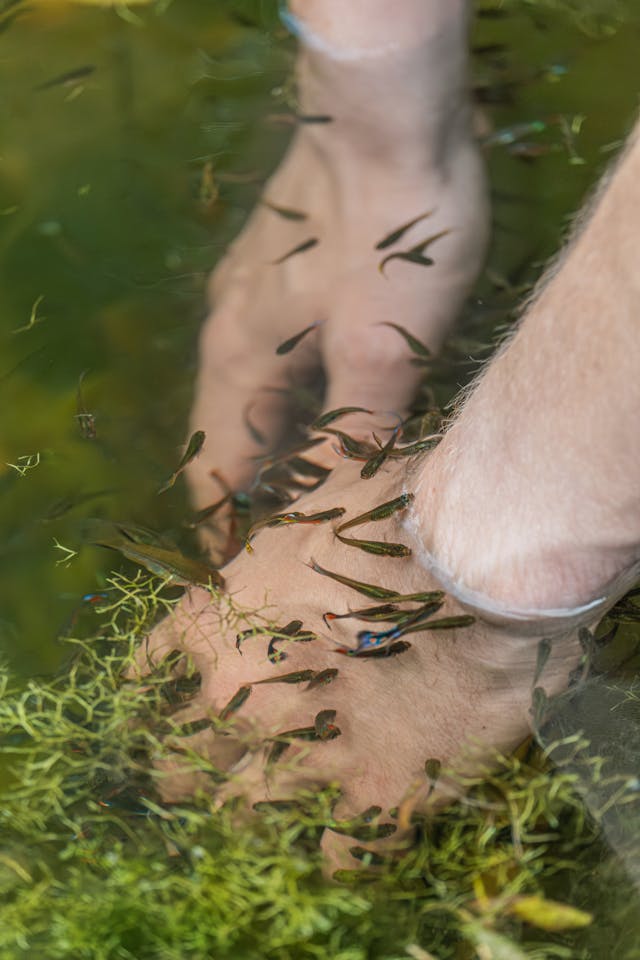
*Environment and tank size*
One typical ethical concern in fishkeeping is the insufficient tank capacity. Undersized and congested tanks could cause stress, hostility, and bad health. Often requiring larger tanks with suitable filtration, plants, and hiding places, ethical fishkeeping calls for creating an environment closely resembling the natural habitat of the fish.
*Health and Nutrition: Medical Treatment*
Fish need a balanced diet fit for their nutritional requirements. Though many commercially sold fish feeds are intended for particular species, it’s crucial to investigate and make sure your pet fish are getting the right nutrition. Furthermore crucial for avoiding disease and stress are consistent tank maintenance and health monitoring.
Environmental influence
Through the capture of wild fish and the generation of captive-bred species, the fishkeeping sector significantly affects natural ecosystems.
*Wild Capture and Biological Diversity*
Still collected in the wild, many aquarium fish especially in South America and Southeast Asia. Overfishing, habitat damage, and a drop in wild populations can all follow from this approach. When one considers the possible species endangerment and the effect of removing fish from their natural habitats, ethical questions surface.
*Genetic Diversity and Captive Breeding*
Programmes for captive breeding have been created to lessen strain on wild numbers. These initiatives might, nevertheless, also provide moral conundrums. Breeding fish in captivity can cause genetic diversity to decrease and unwanted features to spread. Furthermore called into doubt animal welfare and the long-term survival of confined populations are several breeding techniques like inbreeding and the production of hybrid species.
*Trade and Transportation in Aquarium*
Fish transportation from wild areas or breeders to pet stores causes great stress and fatality. Fish are sometimes carried in little, packed containers, and their health may suffer throughout the travel. This feature of the fishkeeping business raises ethical questions as, often during transportation, the wellbeing of the fish is sacrificed.
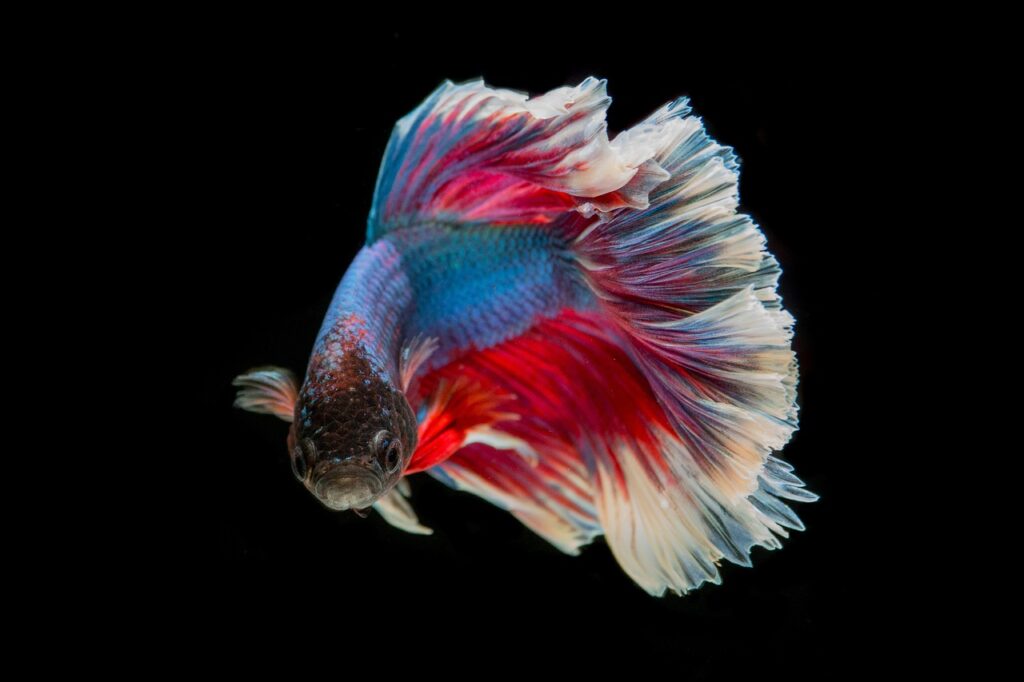
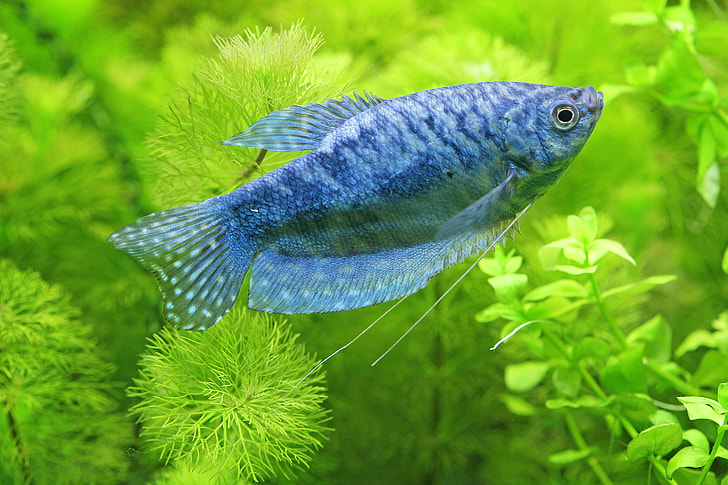
Human obligation
Pet owners have a moral responsibility to see to it our animals’ welfare. This obligation also includes knowing the ethical issues related to fishkeeping and acting to minimise any unfavourable effects.
*Studies and Instruction*
Understanding the particular requirements of the species they want to keep and the degree of care needed can help prospective fish owners to make informed decisions. This include understanding of the fish’s natural habitat, social behaviour, dietary needs, and possible medical problems.
* Dedication to Service*
Long lifespans abound for fish; some species live many decades. Ethical fishkeeping is a lifetime dedication to give correct maintenance and care. This covers consistent tank cleaning, water quality control, and quick resolution of any health issues.
*Ethical procurement*
Selecting fish from ethical suppliers is absolutely vital. Choose captive-bred fish from reliable breeders over wild-caught animals. Encouragement of sustainable and compassionate methods within the fishkeeping sector will help to lessen the negative effects on surrounding ecosystems and advance improved wellbeing for the fish.
Alternatives and Solvers
Following ethical standards allows one to appreciate the elegance and peace of fishkeeping in numerous ways.
*Environmental Fishkeeping*
Choosing species grown in captivity, employing ecologically appropriate tank configurations, and avoiding overstocking are among the sustainable fishkeeping techniques. Supporting companies which give sustainability and animal welfare top priority also can have a big impact.
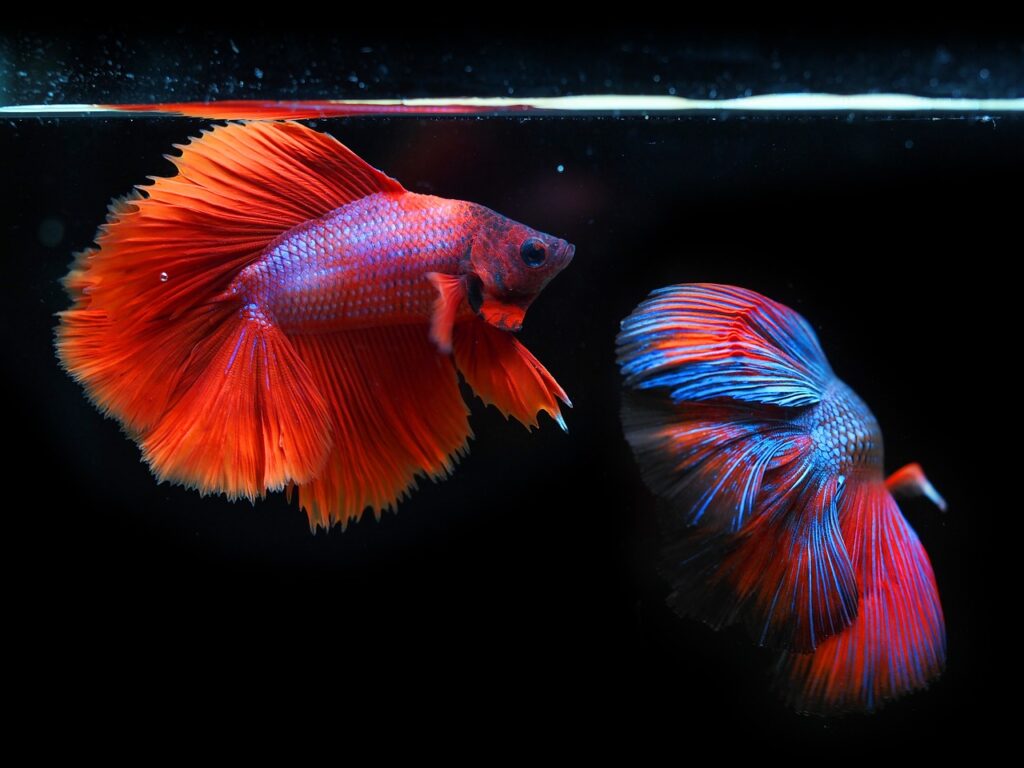
Fishless Aquaria:
Fishless aquariums can be a good substitute for individuals worried about the moral ramifications of maintaining live fish. These configurations avoid ethical issues related to real fish by using synthetic fish or other decorations to produce an attractive display.
*Community involvement*
Combining groups of fishkeepers with companies that support moral behaviour can offer priceless tools and support. Interacting with like-minded people can help to spread improved standards within the hobby and increase knowledge of the need of ethical fishkeeping.
End Notes
Whether it is moral to have pet fish is a difficult and multifarious matter. Fishkeeping raises important ethical issues even if it can have many advantages. Fish owners can help to guarantee the welfare of their aquatic companions by knowing their needs, thinking through the environmental impact of the business, and pledging to ethical and appropriate treatment. Enjoying the pastime of fishkeeping while maintaining ethical standards ultimately depends on wise decisions made with conscience.

